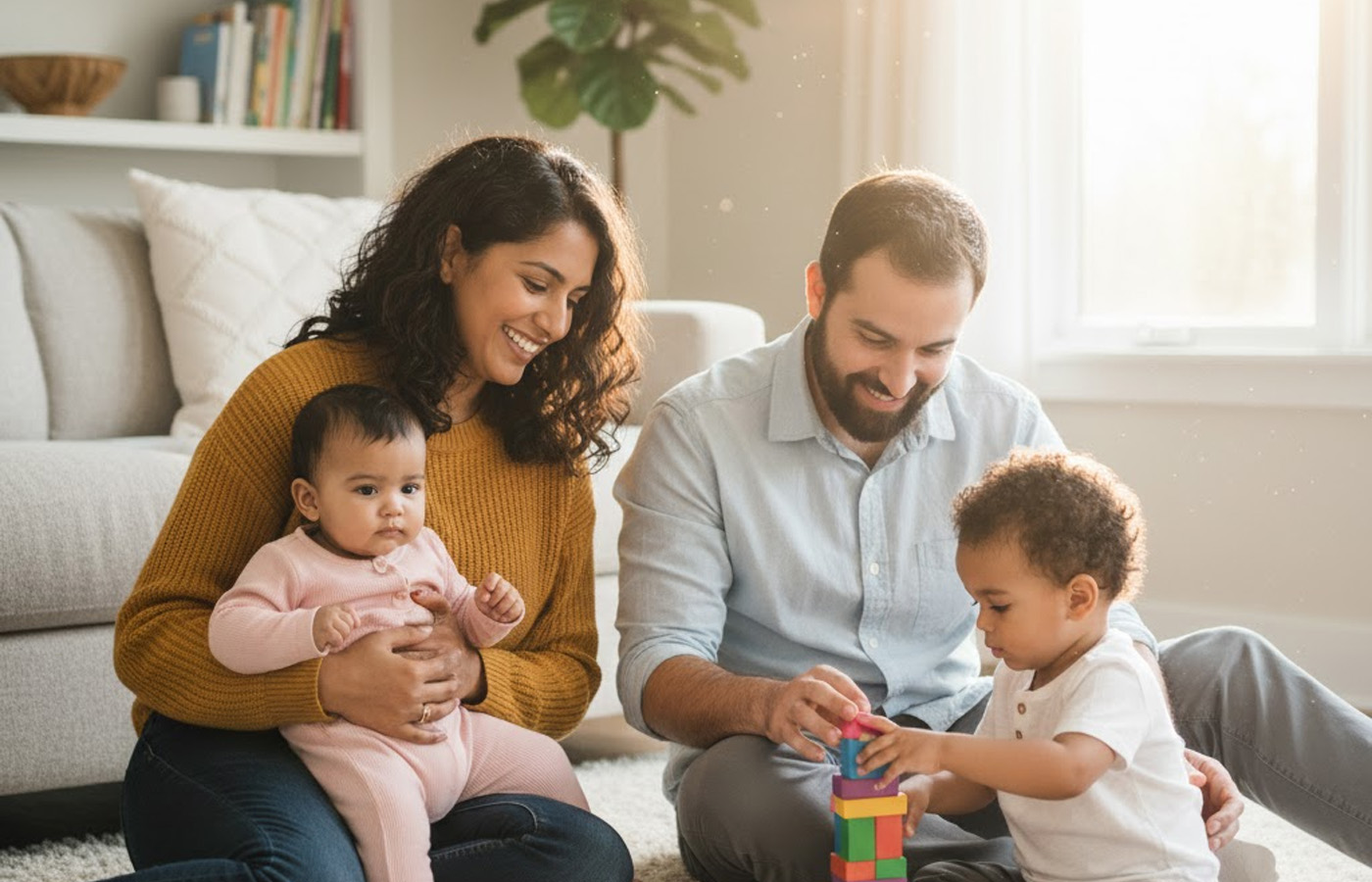Some mentors bring expertise. Others bring enthusiasm. Eli brings something even rarer—consistency. This is the story of how one hour every Saturday morning changed not just the life of a young boy, but the heart of a mentor who thought he was just there to help.

How Eli got started
Eli didn’t plan on becoming a mentor. A graphic designer by trade, he heard about Open Arms through a coworker who hosted a care kit drive. At first, he thought he’d volunteer once a month packing backpacks. But when he heard there were over 100 youth on the mentorship waitlist, he felt a pull.
“I didn’t know if I’d be any good at it,” he recalls. “But I thought—if I can show up and listen, maybe that’s enough.”
Meeting Noah
Noah was 11 when he met Eli. Quiet, guarded, and newly placed in a foster home, he rarely made eye contact and often shrugged in response to questions. Eli didn’t push. Instead, he suggested they grab pancakes at a local diner and draw in sketchbooks.
“He didn’t ask me about my past,” Noah said later. “He asked what I liked to draw.”
Small rituals, big trust
Every Saturday morning for the next several months, Eli showed up with two pencils, two sketch pads, and a promise: I’ll be here again next week.
- They never skipped a meetup.
- Noah chose the table. Eli ordered extra napkins “for art emergencies.”
- They started rating pancakes on a 1–10 scale. (Highest score: 9.6, blueberry banana stack.)
Week by week, Noah began initiating conversation. Not about trauma—but about animation techniques, color theory, and eventually, school fears.
When everything could have changed
Halfway through the year, Noah transitioned to a new placement across town. Placement changes often lead to mentor relationships ending due to logistics or scheduling conflicts. Eli didn’t hesitate.
“I’m still your mentor,” he told Noah. “New house, same pancakes.”
He coordinated with the guardian, found a diner near the new home, and kept their Saturday ritual alive without interruption.
Growing confidence—and a first art show
By the following spring, Noah’s school held a youth art event. When he hesitated to submit a piece, Eli encouraged him gently—but never pushed. Noah eventually entered a charcoal drawing titled “Still Growing.”
It sold within the first hour.
“I couldn’t believe someone wanted my art,” Noah said. “Eli was the one who told me I had something to say.”
What mentoring looks like (from Eli’s perspective)
Eli’s Biggest Lessons
- You don’t need the perfect advice—you just need to be present.
- Consistency builds trust faster than deep conversations.
- Creativity is a doorway to connection.
His Words of Encouragement
"If you're thinking about mentoring, don’t wait to feel ready. There’s a kid who doesn’t need perfect—they just need you to show up."
Where Noah is now
At age 15, Noah is applying to a specialized arts high school. He still meets Eli each week—sometimes at the diner, sometimes at the park, always with sketchbooks in hand.
He says his dream is to become a concept artist for animated films. “But if that doesn’t work out,” he added with a grin, “maybe I’ll start a pancake review blog.”
You can be someone’s “Eli” this fall
There are more youth currently waiting for mentors than ever before. You don’t need artistic talent—you just need time, compassion, and the willingness to be consistent.
- 4–6 hours per month
- Training and support provided
- You choose meeting formats and activities
Want to start with a conversation first? Join a virtual info session or speak with a mentor coach:
*Names and some details changed to protect privacy.
